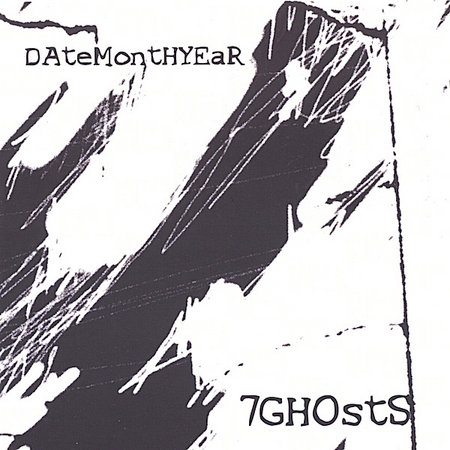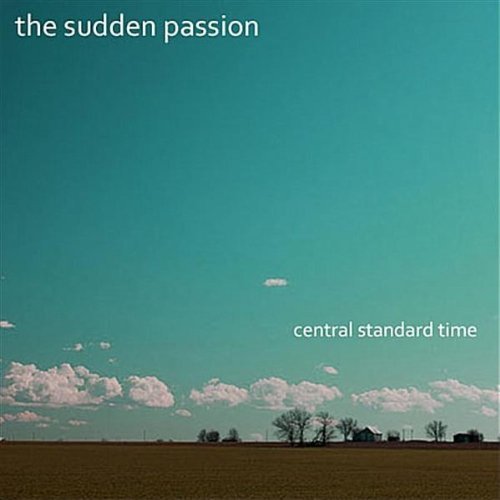
Discover the history of large-scale fire and what its future may look like in Wildfire.
Wildfire is a natural process that takes place worldwide. In dry conditions, a single spark can transform into a megafire that sweeps across the landscape, burning everything in its path. Despite fire's deadly reputation, ecosystems such as forests and grasslands depend on it to clear out debris and promote new plant growth.
Environmental scientist Ferin Davis Anderson and author Stephanie Sammartino McPherson examine how Indigenous people, farmers, and forestry departments have used fire to manage natural resources and how human development and climate change are impacting the frequency and intensity of wildfires. By delving into how fires start and burn, fire suppression and firefighting, and the ecological importance of burns, they explore people's long relationship with fire and reflect on fire's regenerative benefits and destructive capabilities alike.
"Fire is part of nature. It's just like the rain, the sunrise each day. It's a natural occurrence, a part of nature necessary to complete lifecycles of different plants and animals." -John Waconda, director of the Nature Conservancy's Indigenous Partnerships Program
"Every time you put a fire out, you're just postponing it. You just increase the actual fuel load that is out there, so when it does happen you get these massive megafire events." -Malcolm North, fire ecologist
"Climate change is creating the perfect conditions for larger, more intense wildfires." -Robert Scheller, professor of landscape ecology and associate dean of research at North Carolina State University







